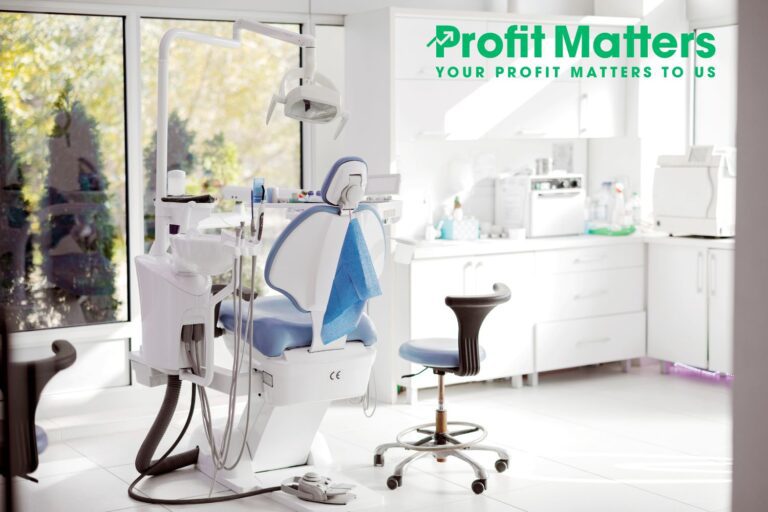And when we narrow down to business communication, an average member of an organization sends at least one email per week.
In this day and age, hacking has become so rampant to the extent that email passwords and other controls are simply not good enough.
There have been cases where credible email companies have had their user data compromised and one of the most recent one is this by Yahoo.
But even with all these, we still get requests every day of business associates or colleagues asking us to send them crucial business documents such as financial statements or even bank statements via email.
The truth is; you can never be so sure whether a message you pass through an email will land in the right hands.
And of course, there are much safer alternatives of passing information among business stakeholders, with or without emailing.
But first of all, you’ll need to establish some ground rules.
Draw a Line from the Word Go!
A lot of businesses run into problems when they engage new clients and agree on the mode of sending and receiving crucial business documents such as customer statements, invoices, among others.
In this regard, it is essential to agree on the safest way of passing such information – of course, you need to consider what works for the both of you and not merely imposing to your clients what you personally consider to be “suitable” communication channels.
And even as you do that, you need to be clear on what works for your businesses in terms of communication – don’t make a mistake of compromising on your business safety by accepting a communication channel that you consider unsafe just so you can strike a business deal. In the long-run, these mistakes could be very costly.
Alternative Information Sending Options
It is normal to interact with clients who prefer specific payment methods that result into generation of documents such as bank deposit slips and so on.
In this case, it is essential to understand how to secure the information in your email in the best possible way. Here are a few ways that you can encrypt the information in your email to ensure it is only accessed by the intended person.
Alternatively, you can make a direct phone call to your clients and pass on to them whatever information you need to. They may then note the message somewhere without necessarily having it stored online.
One other way to keep information such as bank details safe from online burglars is by running a no-fee bank account that is solely used for receiving customer deposits and immediately transferring the cash elsewhere. And if by any chance somewhere shady ends up with crucial bank information about your business account, they’ll not find any funds to steal since most probably, the account will contain a zero-balance.
Alternatively, just be sure account numbers and sensitive information are not on the documents you are sending. Most bank statements these days, are prepared in a manner that makes them safe to email. Financial statements rarely have anything that would jeopardize your personal security or business.
Conclusion
So yes, sending crucial business information via email can be very risky especially in a fast-paced business world with all sorts of potential threats. Information sent via email is not only prone to hackers and other forms of thievery, but also business competitors and disgruntled employees.
However, if you implement some of these measures plus any other you consider vital towards securing your business information, you’ll certainly spend less time worrying about information safety and dedicate more time attending to the other important areas of your business.



